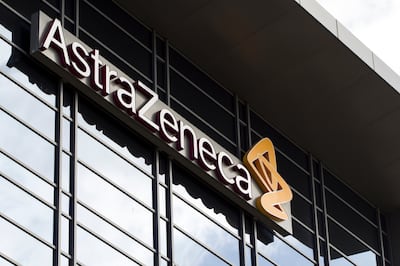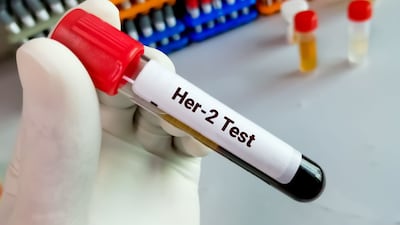Cancer
Given its already large cancer drug pipeline, EVP of oncology R&D Susan Galbraith spoke with Scrip about how AstraZeneca is making precise choices about deals and development programs.
A biosimilar collaboration between Kashiv and Saya aims to expand access to affordable supportive oncology therapies in Mexico and 10 additional Central America and Caribbean markets.
The antibody-drug conjugate pipeline has more than doubled to 895 candidates since 2023, with DNA topoisomerase I overtaking HER2 as the dominant target.
The drugmaker presented a real-world, head-to-head analysis of Erleada versus Bayer’s Nubeqa in metastatic castration-sensitive prostate cancer at the International Prostate Cancer Update.
Multiple Chinese biotechs are seeking to raise new funds through IPOs on the Hong Kong and Beijing stock exchanges to support international clinical trials for their first-in-class molecules.
The company announced Phase II data and plans for its registrational Phase III trial as CEO Mark Erlander and chief financial officer James Levine left the company.
The Phase I/II study’s trial page was updated to say it was no longer recruiting patients after recruiting only 23 of the originally planned 260.
Abbott started 2026 as it ended 2025 – with major regulatory breakthroughs for pulsed field ablation innovations, boosting its EP credentials in the US and EU. It also broadened its IVDs platform by adding cancer detection and screening company Exact Sciences in a deal expected to close in Q2.
The company announced that the Phase III ROSELLA trial in platinum-resistant ovarian cancer met its overall survival primary endpoint.
While a record number of China-originated first-in-class drugs were approved domestically in 2025, only one has so far entered clinical development overseas with its originator as the sole sponsor. But more progress is expected this year.
The Phase II data for intismeran autogene in melanoma were mostly incremental, but the program’s continued success is a cornerstone of Moderna’s breakeven strategy.
Enhertu's approval for ever-lower levels of HER2 expression is pushing standard immunohistochemistry assays beyond their limits. Pathologists say they have a solution.











